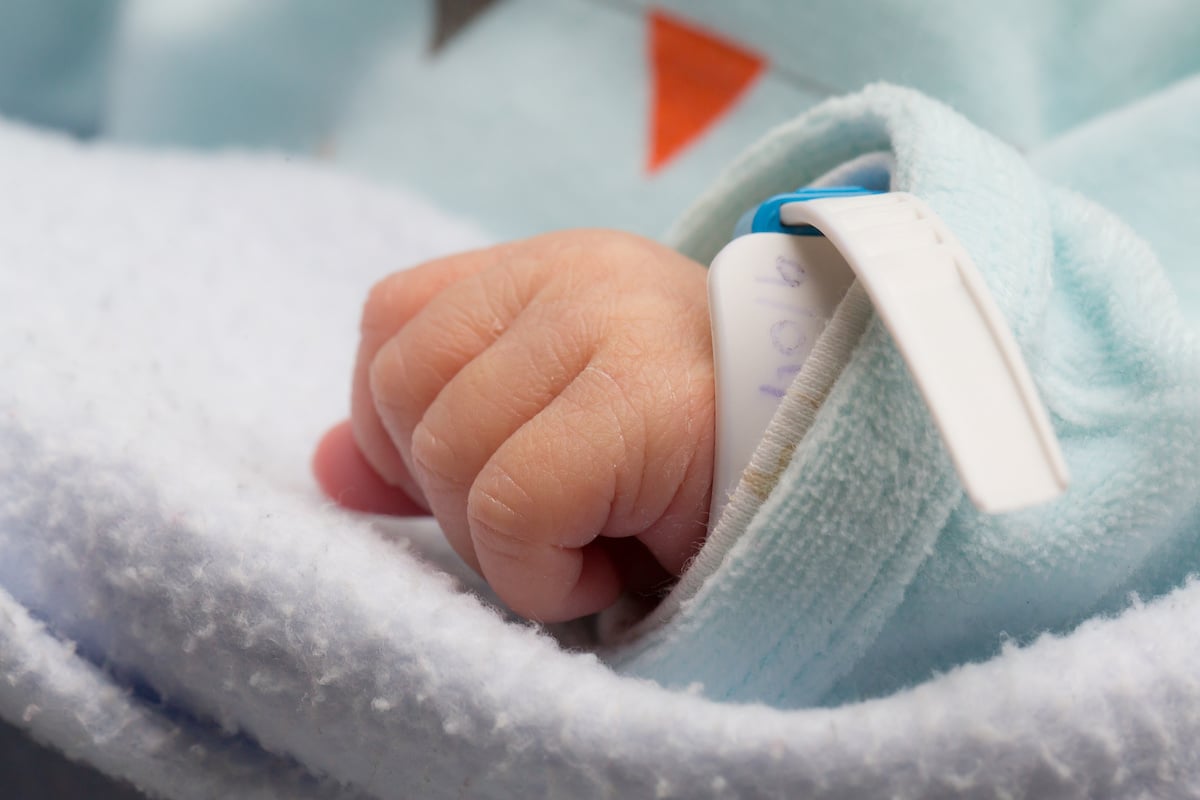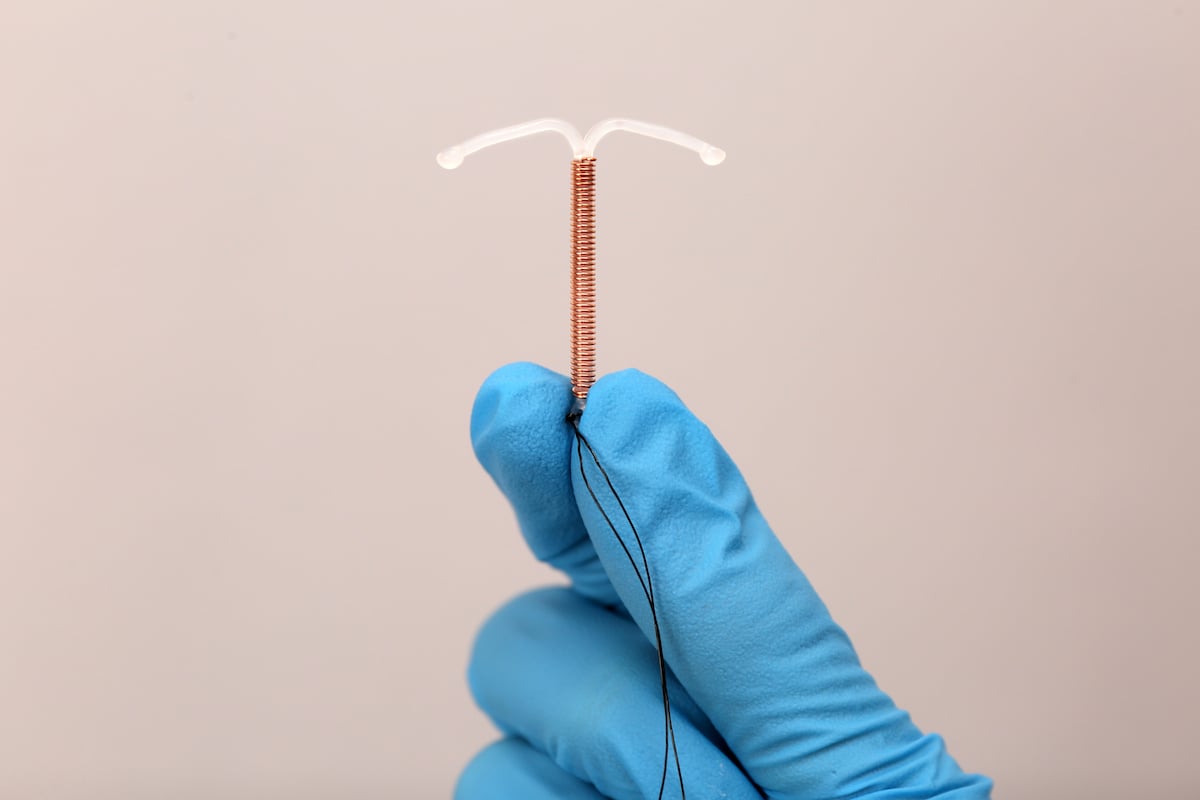
Not all babies born prematurely will suffer long-term developmental problems, a new study finds. Preemies tend to fall into three risk categories, with about one in five (20%) scoring above average on standard cognitive tests, researchers reported Aug. 13 in the journal Child Development. A second profile representing 41% of preemies scored above normal on… read on > read on >














.jpg)

.jpeg)












